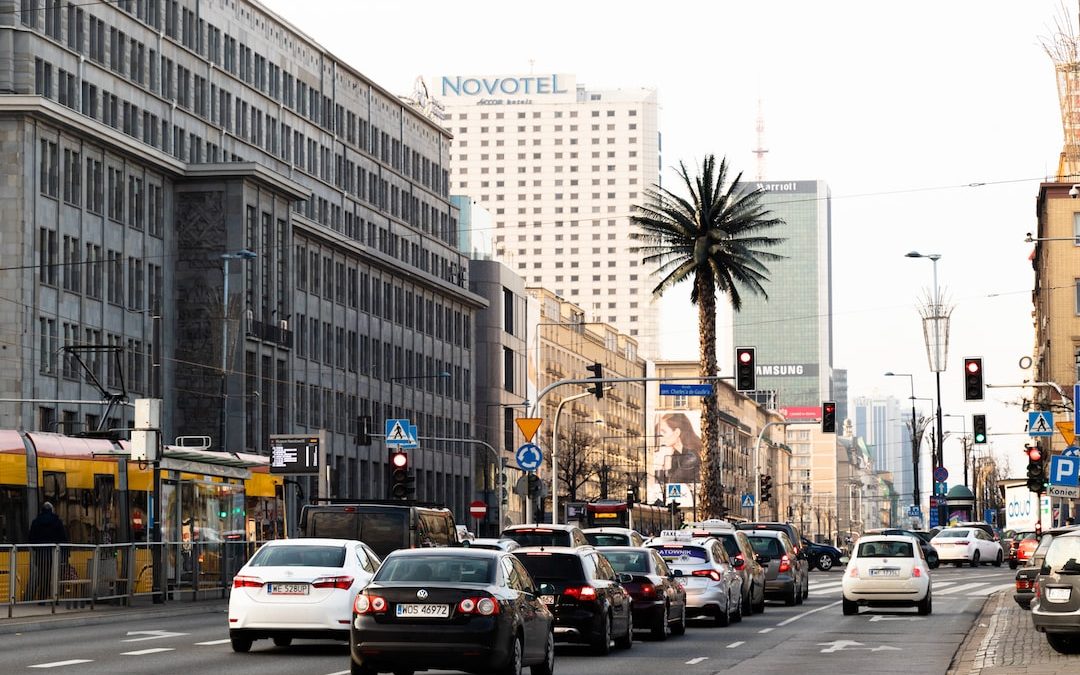Table of Contents
The Benefits and Challenges of Urban Transportation Associates
Introduction
Urban Transportation Associates (UTA) is an organization that provides transportation solutions to urban areas. UTA is committed to helping cities develop safe, reliable, and sustainable transportation solutions that reduce congestion and improve air quality. UTA works with public and private partners to identify and implement transportation solutions that reduce traffic congestion, improve air quality, and increase safety. This article will explore the benefits and challenges of UTA’s work.
Benefits of UTA’s Work
UTA’s work has a number of advantages for urban areas. Most importantly, UTA helps cities reduce traffic congestion, improve air quality, and increase safety. UTA also helps cities save money by providing more efficient transportation solutions.
Reduce Traffic Congestion
UTA provides a number of transportation solutions that help cities reduce traffic congestion. For example, UTA helps cities improve their public transportation systems, including buses, trains, and light rail. This helps cities move people more quickly and efficiently, reducing the number of cars on the roads and reducing congestion. UTA also helps cities develop bike lanes and other cycling infrastructure, which helps reduce the number of cars on the roads.
Improve Air Quality
UTA helps cities improve air quality by helping them reduce the number of cars on the roads. By providing more efficient public transportation options and encouraging cycling, UTA helps cities reduce the number of cars on the roads, which helps reduce air pollution. UTA also works with cities to identify and implement clean energy solutions, such as electric vehicles, which can also help reduce air pollution.
Increase Safety
UTA’s work helps cities increase safety by providing safer, more reliable transportation options. UTA helps cities develop safer bike lanes and sidewalks, as well as improved public transportation systems. This helps reduce the number of cars on the roads and make it safer for pedestrians and cyclists.
Challenges of UTA’s Work
UTA’s work also has some challenges. Most notably, UTA’s solutions require significant investment from cities and other public and private partners. UTA also faces challenges in getting people to adopt new transportation solutions, as well as in convincing public and private partners to invest in them.
Significant Investment
UTA’s solutions require significant investment from cities and other public and private partners. This can be a challenge, as cities and other partners may be unwilling or unable to invest in UTA’s solutions. UTA must find ways to convince cities and other partners to invest in their solutions, or else they will not be able to implement them.
Adoption of Solutions
Getting people to adopt new transportation solutions can also be a challenge for UTA. People may be unwilling or unable to change their habits and adopt new transportation solutions, such as taking public transportation or cycling. UTA must find ways to convince people to adopt their solutions, or else they will not be successful.
Investment from Partners
Finally, UTA faces challenges in convincing public and private partners to invest in their solutions. UTA must find ways to convince these partners to invest in their solutions, or else they will not be able to implement them.
Conclusion
Urban Transportation Associates (UTA) provides transportation solutions to urban areas. UTA is committed to helping cities develop safe, reliable, and sustainable transportation solutions that reduce congestion and improve air quality. UTA’s work has a number of benefits, including reducing traffic congestion, improving air quality, and increasing safety. However, UTA’s work also has some challenges, including requiring significant investment from cities and other partners, convincing people to adopt new transportation solutions, and convincing public and private partners to invest in their solutions. Overall, UTA’s work is beneficial for urban areas, but it faces some challenges.












